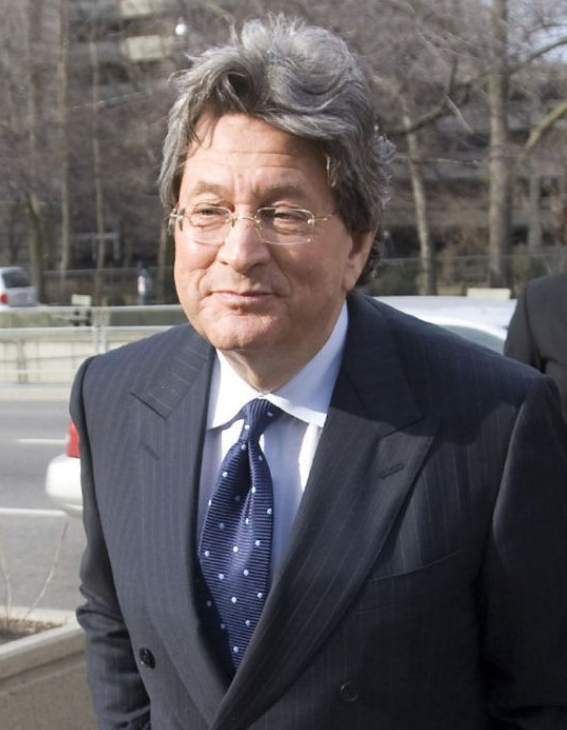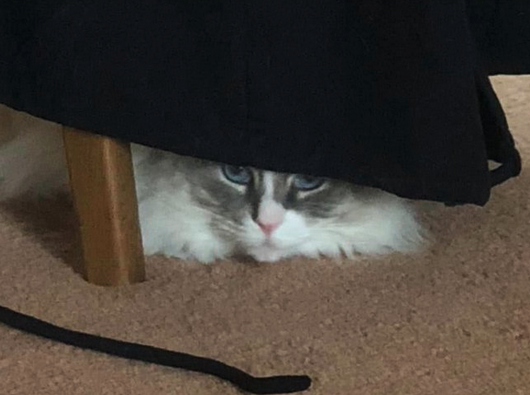But where are the second acts to our lives going to end up?
Life is sometimes said to imitate art; at other times, art tries to reflect art. Theatre is my preferred drug of choice to do a bit of both of that: there are times that I understand my life through art; at others, I live vicariously through it; and there are other occasions when my life simply confuses me, just as the theatre sometimes does, too.
An often (mis)quoted line of F Scott Fitzgerald’s was his observation that there are no second acts in American lives. According to one interpretation of his words, it is based on his understanding of traditional theatre structures — where, as one commentator puts it, “there was a first act that presented a problem, a second act that looked at complications and alternative solutions, and a third act that resolved it, Americans want to skip the second act and leap immediately to solutions.”
Actually, in a lot of modern theatre practice — especially now in COVID times — we’re more often that not going to be skipping the interval entirely, so most theatre will be presented as one-act dramas (and with just one actor, too).
But if the interval is being banished, we’re now accelerating through the third act of the West End’s re-opening since it was first shut down last March. As Alex Marshall, European culture correspondent for the New York Times, put it earlier this week in a story about the West End return of The Mousetrap on Monday,
“Since March last year, when the coronavirus pandemic shut down Britain, the country’s theaters have been effectively dark. A few shows, including The Mousetrap, tried to come back last fall, only for a second lockdown to keep them from even making it to rehearsals/ Several tried again in December, including Six, the hit musical about the wives of Henry VIII, but they managed only a handful of performances before they were shut once more. Theatres had to perform to online audiences if they wanted to keep working.
Monday’s comeback felt like it was actually permanent, 15 audience members said in interviews, many highlighting Britain’s speedy vaccination campaign as the reason for their optimism.”
I’m still trying to cling to that sense of optimism, even in the face of the new COVID variants arriving on our shores through our porous lockdown policies which have seen hundreds of flights arriving from India despite the alarming reports emanating from that subcontinent.
Still, at least I’ve been double vaccinated now — so at least I’m safer than I would be if I was half my age and the vaccination programme hadn’t reached me yet.
Unfortunately no one can be vaccinated against stupidity or insensitivity, though — in a way that engagement on Twitter seems to licence anyone and everyone to have an opinion on your life and health, I even had one person publicly ask me, “Are you especially vulnerable to COVID?”, when I announced my trepidation about going back to the theatre on Monday:
The fact that I’d been to University with this person — though I’ve never seen him again since we left 35 years ago — made it even more galling that he thought it appropriate to ask this question so casually. It was absolutely nothing to do with him!
But even as I enter a new third act for my own life this week as I begin moving out of London this weekend to a new life in a village on the South Downs in West Sussex, F Scott Fitzgerald’s comment comes back to challenge me. Have I, too, simply skipped from the exposition of my story to a possible conclusion, without pausing to examine the bit in the middle?
Actually, I’ve spent most of the last lockdown year unlocking exactly. Mine is no longer an unexamined life. I’ve been doing some pretty rigorous work through a 12-step fellowship to, as our literature puts it, “find freedom to express all the hurts and fears you have kept inside and to free yourself from the shame and blame that are carryovers from the past.”
I’ve made some pretty major changes in my outlook and approach to life and situations that used to perplex and trouble me.It is not my place to expect or demand others to look inside themselves to find a similar release and relief, but it is certainly weird when dominant theatrical personalities, like the publicly-shamed (and once-imprisoned) Canadian theatrical impresario Garth Drabinksy try to emerge from the theatrical wilderness they created for themselves and try to pick up where they left off without any residual pain or shame for the people they defrauded or the lives they destroyed.
And in celebrating his return to the theatrical producing fold this week, Chris Jones in the Chicago Tribune seems similarly unperturbed as he delightedly reported this week of his imminent comeback — a second act, if you like — to producing a new musical in Chicago.
As he writes,
“And thus Paradise Square, an early version of which was seen in 2018 at the Berkeley Repertory Theatre, represents the return of one of North America’s most ebullient producers, a careful studier of audiences and a famously intellectual showman of the old school.
“My life has been dedicated to the entertainment business,” Drabinsky said. “It is something I always have been compelled to do.”
Chicago was a clear beneficiary: Drabinsky’s restoration of the Oriental (with the help of public funds) reignited interest in the Loop theater district, resulting in similar work at the Cadillac Palace Theatre and other downtown venues. Drabinsky’s shows, along with the big Cameron Mackintosh productions at the Auditorium Theatre, made the case in the 1990s that Chicago could and would support long runs of several months, and sometimes years, buoying the fortunes of downtown restaurants and parking lots.
Coming during the fall recovery, the five weeks of Paradise Square represent a bold new bet on the Loop’s live-entertainment fortunes, fully in line with Drabinsky’s past risk-taking efforts. This will be the city’s first pre-Broadway production since the COVID-19 closures, offering a restoration of a crucial Chicago franchise and economic generator.”

Garth Drabinsky, photographed in 2013, when he was on day parole after 17 months in prison
All good and well, you could say: he’s done his time (he was sentenced to seven years in prison, later reduced to give years on appeal, serving his time in Canada). He was also long a fugitive from American justice, following a separate indictment for accounting fraud by the United States Attorney’s Office for the Southern District of New York, both those charges have now reportedly been dismissed.
As Jeremy Gerard, a former theatre reporter for the New York Times and a former theatre critic for Variety, has put it, channelling The Music Man:
“You got trouble right here in Windy City: Just in time for Hugh Jackman’s turn as Broadway’s favorite con artist, Professor Harold Hill, comes news in a fawning Chicago Tribune “exclusive” that Broadway’s least favorite flim-flam man, convicted felon Garth Drabinsky, is back again, hawking his latest goods…
We haven’t heard much from the Drab since similar shock-and-awe promotion failed to salvage the “Broadway-bound” Sousatzka in 2017…
No mention in the Trib of Sousatzka, let alone of the Livent employees who lost their savings in Drabinsky’s devastating Ponzi operation; the recap here of Drabinsky’s self-inflicted tribulations is practically exculpatory.
‘[O]ne of North America’s most ebullient producers, a careful studier of audiences and a famously intellectual showman of the old school,’ according to the Trib. Now that’s one for the books. The cooked ones, that is.”
In the post-COVID world, there is no more room for allowing the likes of Drabinksy or Scott Rudin another free reign. Because it always comes at a price. Sure, we wouldn’t have had shows like Ragtime (Drabinksy) or The Book of Mormon (Rudin, who was also responsible for any number of impressive productions of new and revived plays and adventurous musicals). But now they’ve amply demonstrated their true colours; when someone shows you who they truly are, isn’t it a good idea to actually believe them?

